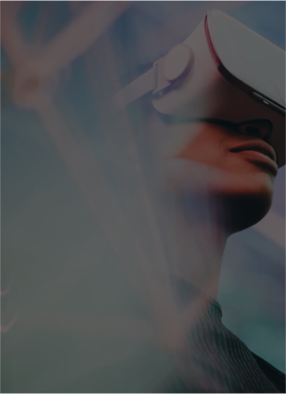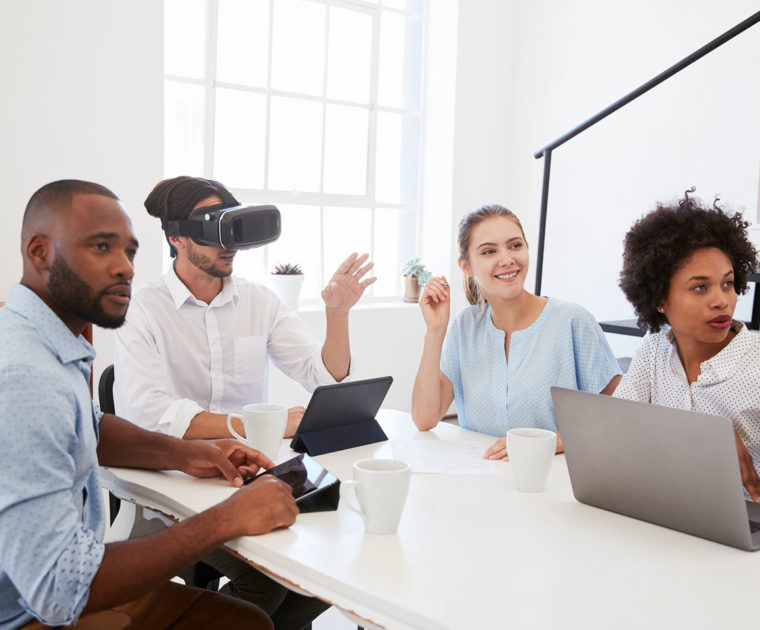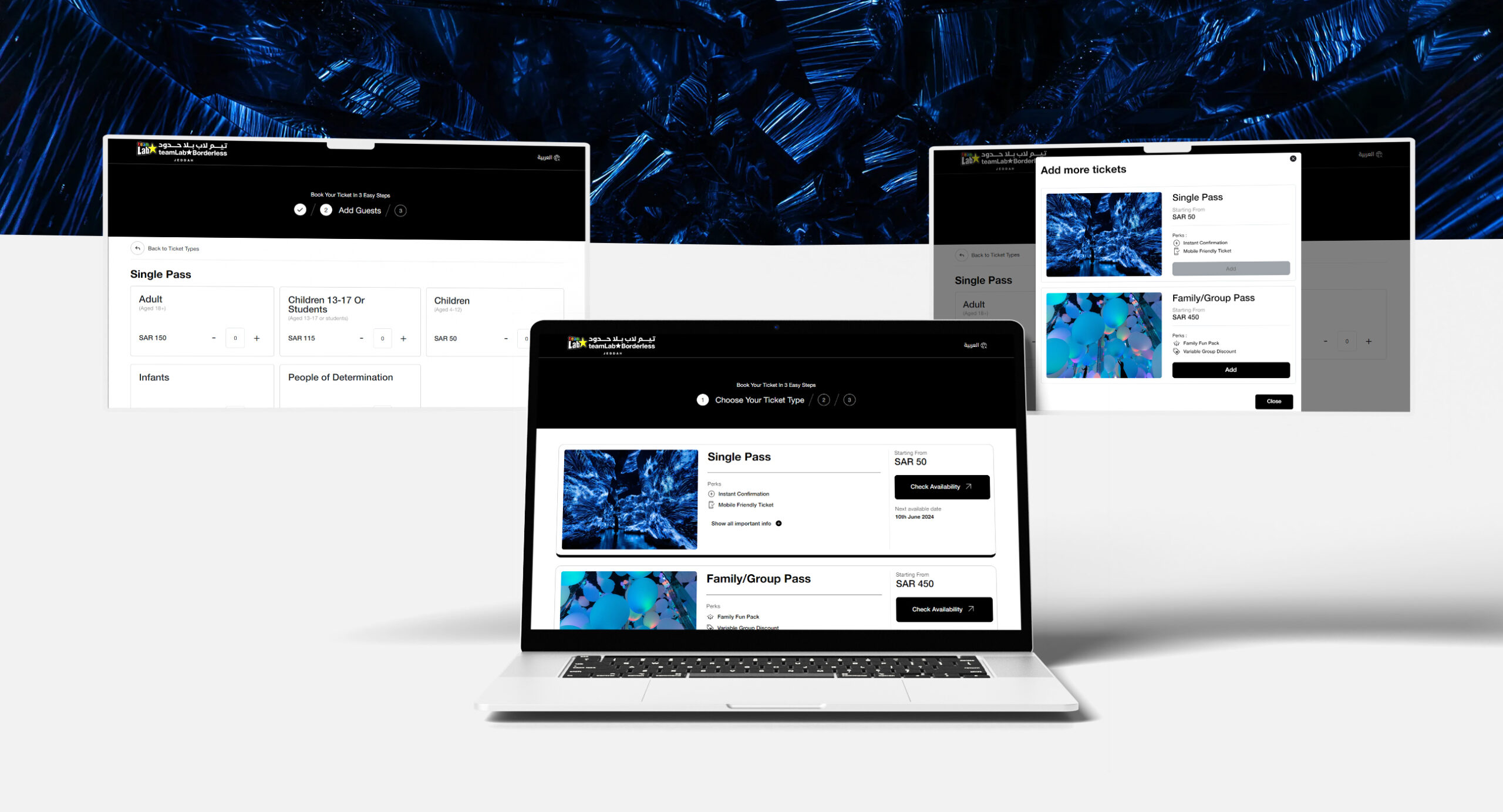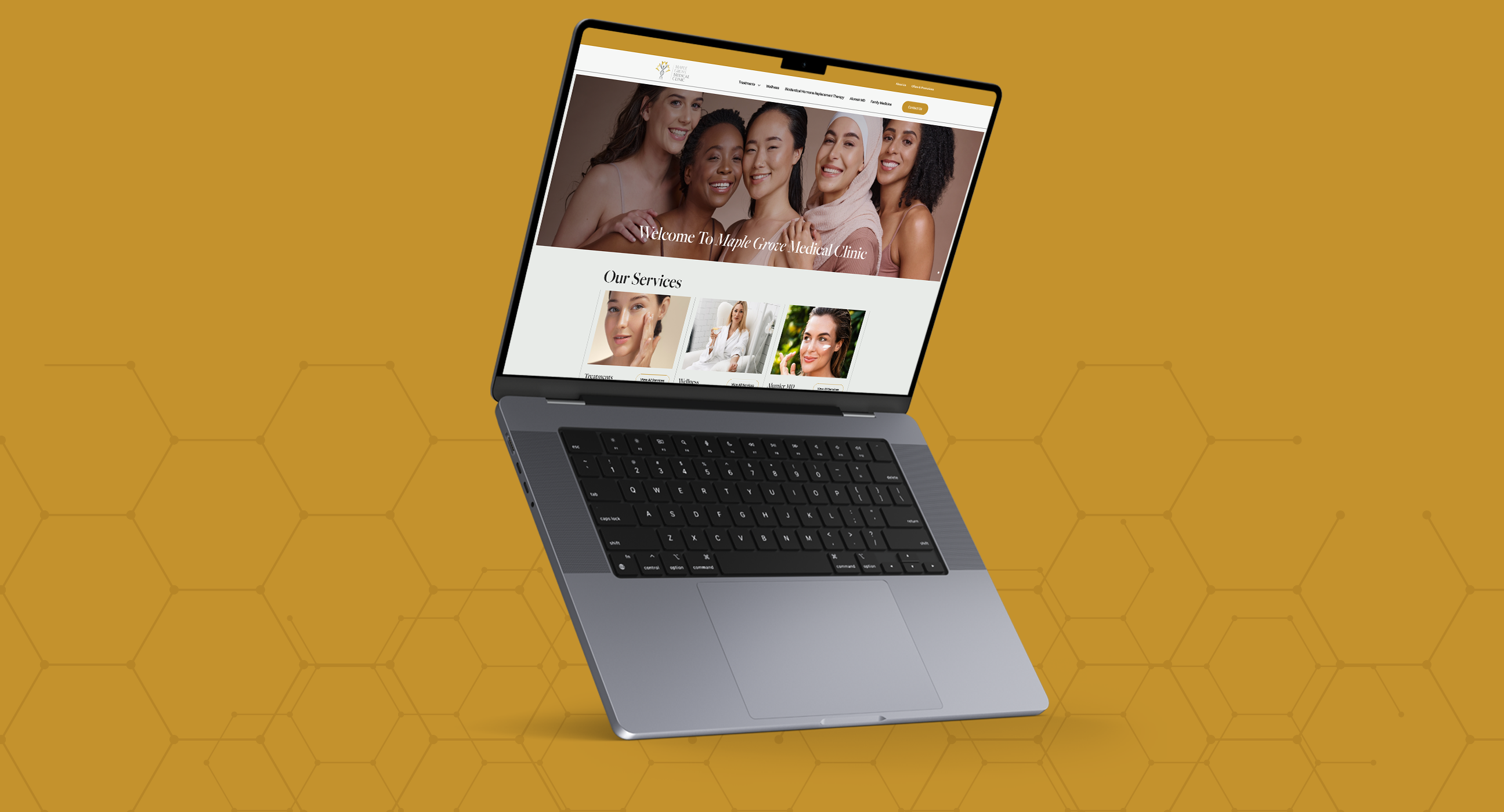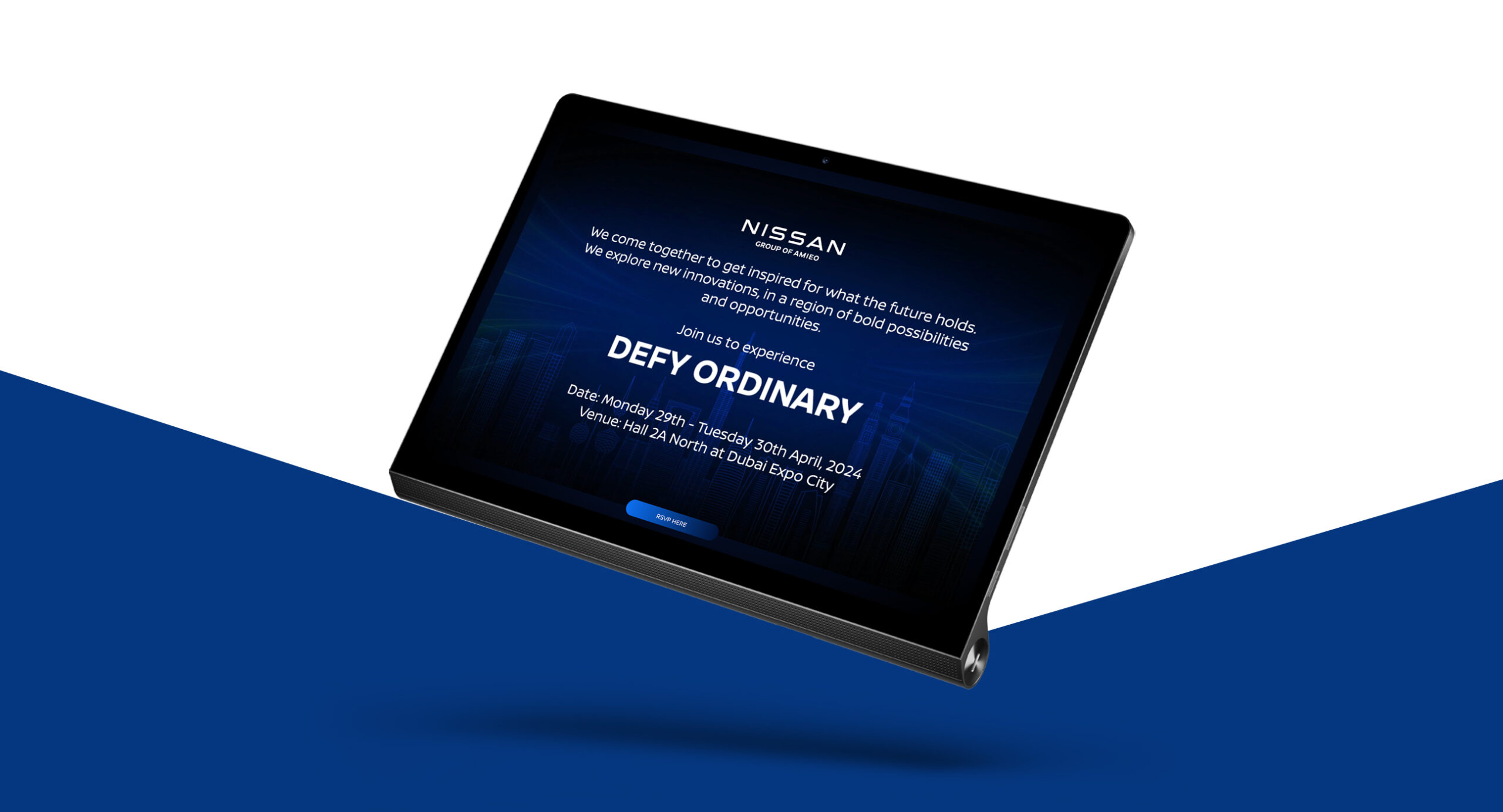With technological advances, terms such as augmented and virtual reality seem to be highly associated with techies and gamers. However, this is not the case anymore.
Having analyzed the industry of augmented and virtual reality, statistics suggest that these applications could increase and enhance business productivity.
This technology has been around for quite some time, however, it is still being weighed for its pros and cons.
Pokemon Go was one such app that introduced augmented reality on a grand scale. Even though AR/VR technology existed before the launch of this game, this application was able to target a completely new audience. Users were able to experiment with location tracking and catch pokemon characters in the “real world”.
AUGMENTED REALITY – WHAT IS IT?
In simple terms, augmented reality is the combination of the real world experiences enhanced with extra layers of digital information. This technology keeps the real world images as they are, but simply adds on computer generated images that aren’t actually there but help to increase user experience.
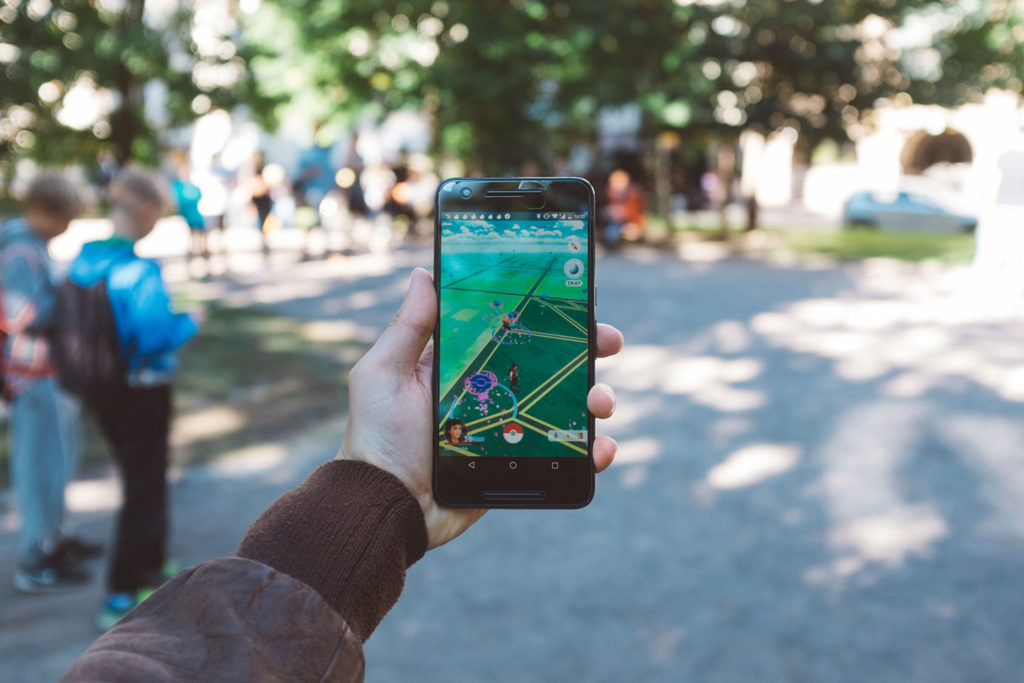
For example, IKEA, the famous DIY furniture store, has integrated the use of AR really well in its business processes. Their mobile app allows its users to see how various furniture pieces would look in different locations. They also later introduced their furniture catalogue to the app which would allow you to see how their items can fit in your home.
This is especially helpful for gaining perspective on how certain furniture pieces will fit into your space.
WHAT IS VIRTUAL REALITY?
Previously being only associated with the gaming industry, virtual reality now carries the potential of big business opportunities.
Different from augmented reality, virtual reality is an artificial computer generated environment that allows a user to encompass themselves in a completely different world while separating them from their actual surroundings. It is a 3D environment where a person ideally becomes a part of this computer generated world and is able to perform actions or manipulate objects while they are there.
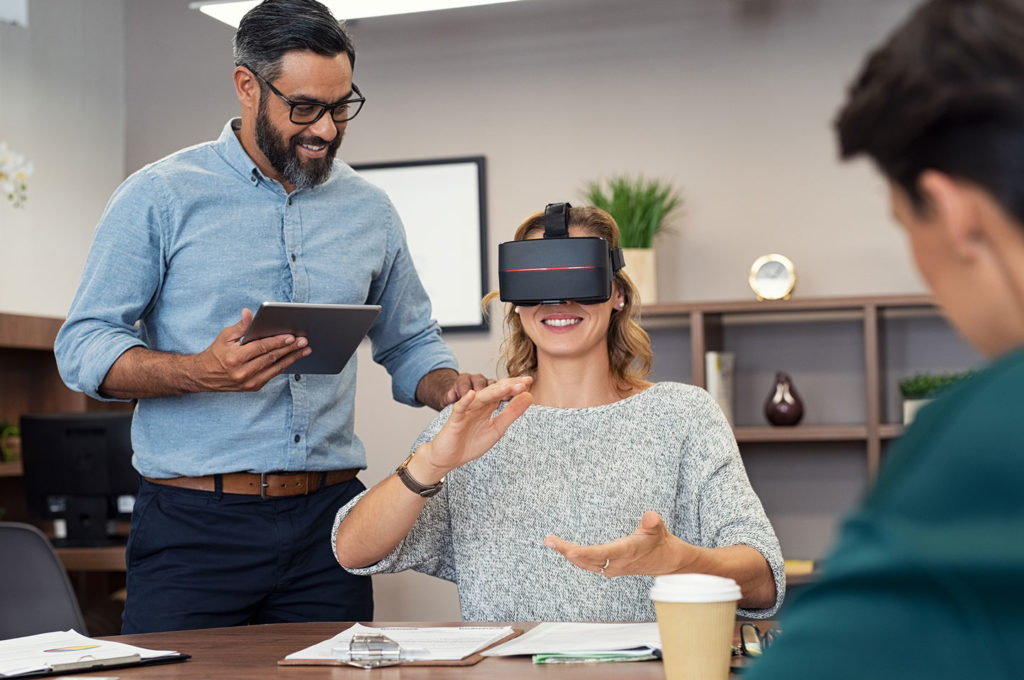
Volvo have integrated virtual reality in their customer experience. For their new car, Volvo XC 90 Luxury SUV, the company ran a campaign where it allowed individuals to use virtual reality to completely immerse themselves in a spectacular mountain drive all while allowing the user to feel like they are actually there.
HOW AR/ VR TECHNOLOGY CAN HELP YOUR BUSINESS
Introduction of AR / VR technology can greatly impact the future of your business. The best part of it is that it is not limited to only a certain type of industry. It has been spread out in different industries such as military, healthcare, academic essay writing, education, sports etc.
Businesses that have integrated this technology have been able to revamp a lot of their processes.
Here is a list of some processes that AR/VR have proved to be effective:
- Remote working no longer an issue
Being based in different geographical locations are no longer a restraint. Companies are able to gather people in one room and have a meeting without actually being physically present. This is possible through virtual reality. Since team work is of essence to all companies, it is crucial that all workers are able to communicate and coordinate tasks.
- Recruitment
The use of VR allows employees to put their prospective candidates in simulated scenarios and see how they navigate themselves through different work challenges. This will help them gauge their performance better rather than quantify them based on the work experience and qualifications presented on a resume.
They will also be able to determine the different stress levels an employee can handle.
- Training
The use of augmented and virtual reality plays a key role here. Companies are able to create environments which may have been costly to recreate for training purposes. A room that would have been dedicated space for training will no longer be required as AR/ VR technology replaces this. This reduces costs for the company.
The healthcare industry is well known for embracing this technology. Surgeons, for example, are trained to carry out various surgical procedures in a computer generated world.
- Allowing product test runs
AR/VR technology allows businesses to test the designs that they produce before translating them into an end product. Production costs are greatly reduced in the process. For example, an engineer is able to gauge car safety of a new car in the pipeline, before it is actually manufactured. Any changes or modifications can be easily made with this process.
- Forecasting
Traditional presentations will soon be a thing of the past. Goggles and lenses will be seen more often and will be able to provide better, more customized presentations.
Not only this, but this immersive technology will be able to gather the opinions and comments from the end user and be used to gauge the performance of a product. This will help them make any changes required before releasing the product in the market.
- Enhance customer experiences
Most of us have experienced having bought an item but later realizing it doesn’t fulfil our purpose. The use of AR/VR technology allows consumers to test the product before making a purchase.
For example, trying on a lipstick shade virtually to see whether it matches your skin tone, or, selecting a specific paint color for your walls before actually purchasing it.
GROUNDBREAKING TECHNOLOGY
Whilst this technology still needs to be integrated in many business models, the rate at which many industries are rapidly embracing it will make a difference. As more and more creative ideas are being developed, it is crucial that businesses understand the significance that this technology brings to the table and companies like GTECH is providing cost-effective and efficient augmented reality solutions that will help you resolve your business problems
Related Post
Publications, Insights & News from GTECH

